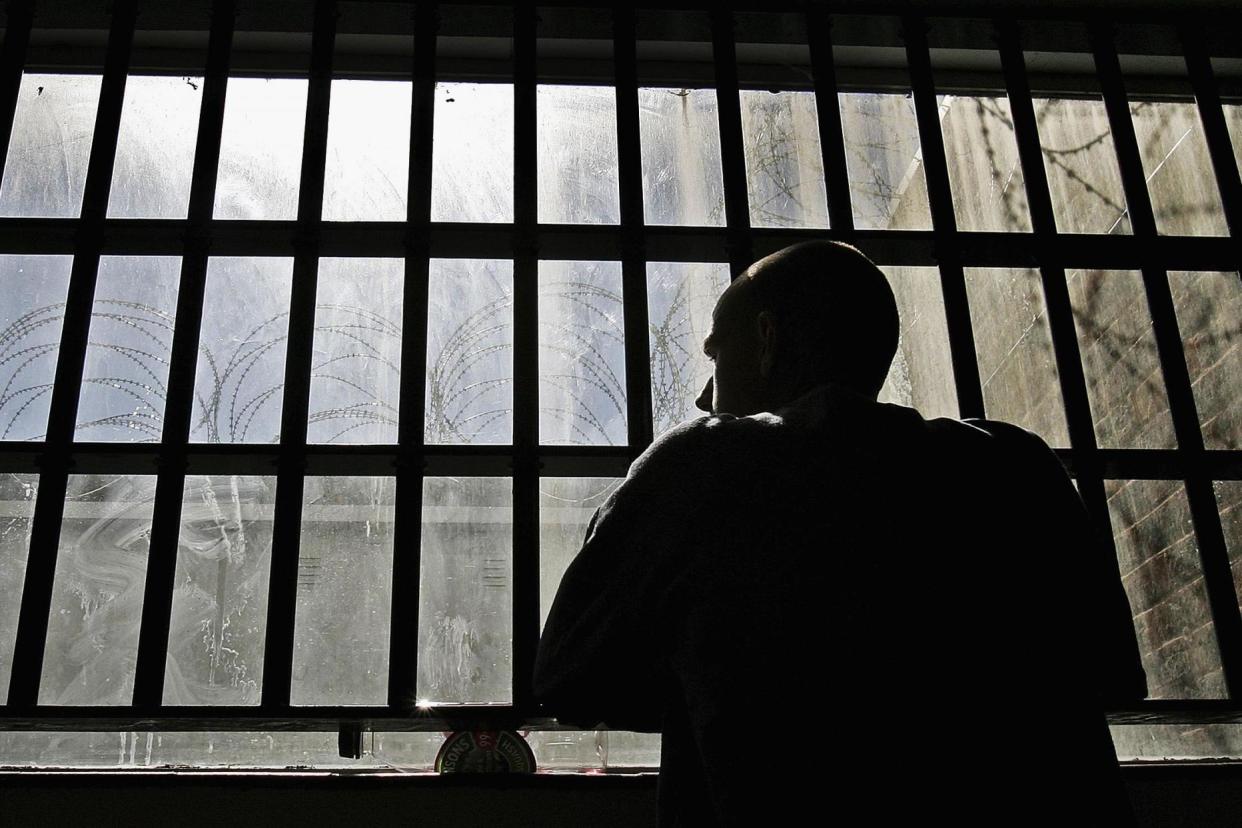Inmate dies of dehydration after prison officers shut off his water for seven days

A mentally ill inmate died after prison staff cut off his supply of water for seven days.
Thirty-eight-year old Terrill Thomas was found dead in his cell in solitary confinement, with a medical examiner concluding the cause of death was "profound dehydration".
An inquest into his April 2016 death in the Milwaukee County jail was launched on Monday.
According to the Milwaukee Wisconsin Journal Sentinel, assistant district attorney Kurt Benkley, who is leading the five-day inquest, said in an opening statement that surveillance videos showed three corrections officers cut off the water to his cell.
This, they claim, was a disciplinary measure after Thomas reportedly flooded another cell.
However, according to the inquest, the officers who shut off his water did not document the decision, nor did they inform supervisors.
Jail policies state that prison inmates drink water from their sink, which Thomas was unable to do. Mr Benkley also claimed Thomas did not receive any other form of hydration with his food.
Inmates have previously indicated that they told jail staff about Thomas’ lack of water.
Thomas’ family filed a Federal Civil Rights complaint on 9 March, claiming that “Terrill Thomas’ serious medical and psychological needs were deliberately ignored and neglected while in custody” and conclude that it was due to “the negligence and deliberate indifference” of the defendants that he died.
The family claim that Thomas, who was arrested on suspicion of shooting a man at Potawatomi casino, suffered from bipolar disorder and had been in the midst of a mental breakdown.
They are asking for compensation, punitive damages, attorney's fees and a consent decree prohibiting defendants from depriving an inmate of hydration.
Decorie Smith, an officer who worked three night shifts in Thomas’ wing, testified on Monday: "If someone requests, 'Can I get my water turned on?' and I find out their water is off, I turn it on”.
Benkley indicated that Thomas may not have been able to ask for water because of the nature of his illness, and was therefore "unable to tell people about his basic needs".
In the course of the five days, correctional officers are expected to testify that they had no knowledge of his water being turned off.
The inquest will consider if there is probable cause to charge anybody for a crime.
The Milwaukee County jail did not immediately return a request for comment.

 Yahoo News
Yahoo News 
